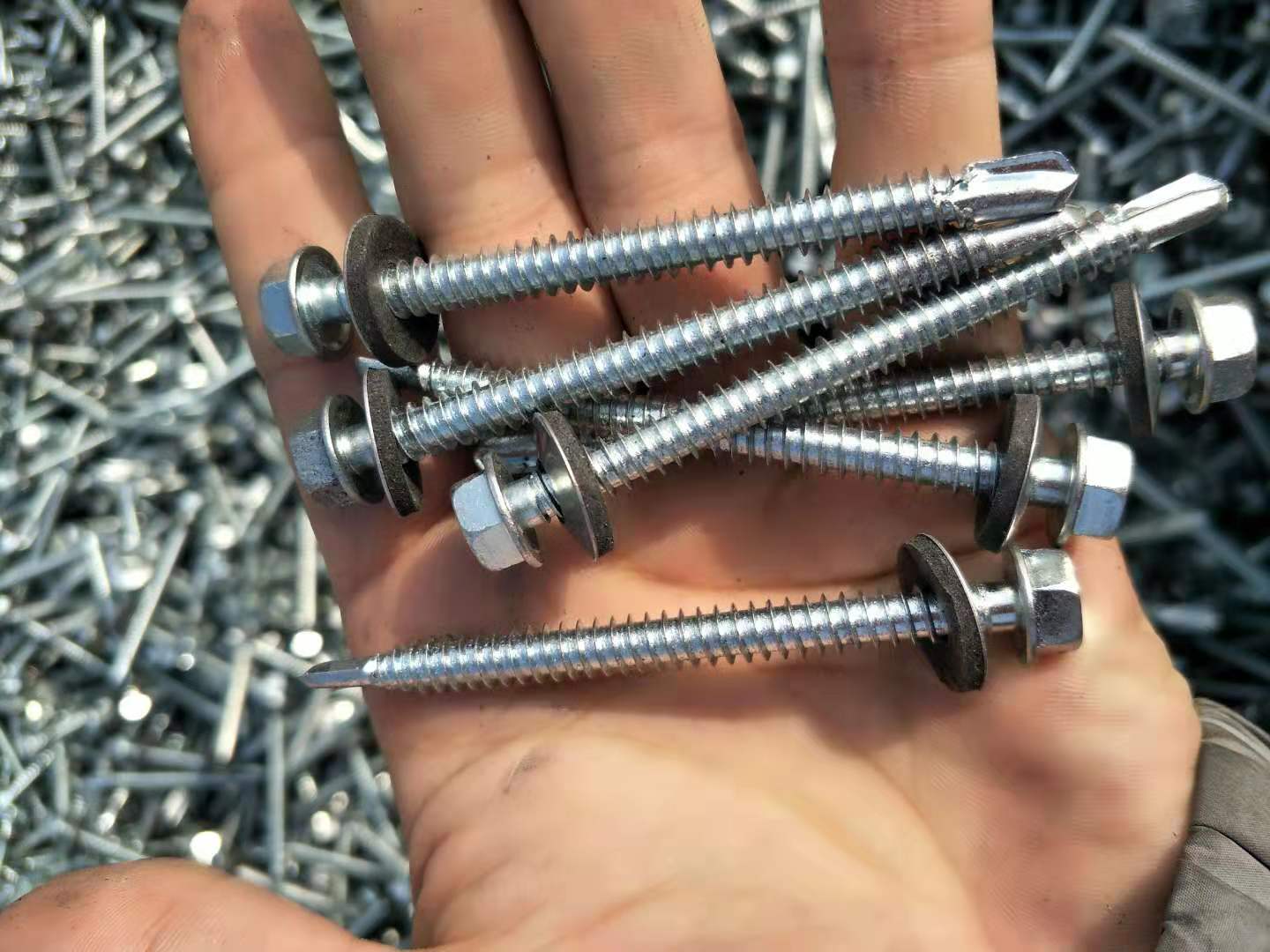Best Rivet vs Self-Tapping Screw
Best Rivet vs. Self-Tapping Screw Understanding the Right Fastening Solution
When it comes to joining materials, both rivets and self-tapping screws are widely used fasteners in various industries. However, choosing the right type for a specific application can significantly impact the efficiency, strength, and durability of the assembly. This article delves into the characteristics, advantages, disadvantages, and ideal applications of rivets and self-tapping screws, helping you determine the best option for your project.
What Are Rivets?
Rivets are permanent mechanical fasteners that comprise a smooth cylindrical shaft with a head on one end. They are typically used to join two or more pieces of material, providing a solid connection. Rivets are inserted through pre-drilled holes and then deformed, usually through the application of heat or pressure, to form a second head on the opposite end, securing the materials together.
Advantages of Rivets 1. Strength and Durability Rivets provide a strong, permanent bond that can withstand high stress and load, making them ideal for applications in construction, aircraft manufacturing, and heavy machinery. 2. Corrosion Resistance Many rivets are made from corrosion-resistant materials, enhancing longevity, especially in harsh environments. 3. Vibration Resistance They are less likely to loosen under vibration, which is essential in automotive and aerospace applications.
Disadvantages of Rivets 1. Installation Complexity The installation process for rivets can be more labor-intensive, requiring specialized tools and techniques. 2. Permanent Fixation Once installed, rivets cannot be easily removed, making disassembly and maintenance challenging.
best rivet vs self tapping screw

What Are Self-Tapping Screws?
Self-tapping screws, on the other hand, are designed to drill their own hole as they are inserted into materials. They have a sharp, pointed tip that cuts through the material, creating threads that grip the material. This feature makes the installation process faster and simpler than that of rivets.
Advantages of Self-Tapping Screws 1. Ease of Use Self-tapping screws can be easily installed with basic tools, which reduces labor time and costs. 2. Removal and Reinstallation They can be easily removed and reused, making them a versatile choice for applications where adjustments might be necessary. 3. Cost-Effective Generally, self-tapping screws are less expensive than rivets and associated installation tools.
Disadvantages of Self-Tapping Screws 1. Strength Limitations While suitable for light to moderate loads, self-tapping screws may not provide the same level of strength as rivets, especially in high-stress applications. 2. Potential for Stripping If over-tightened or if the material is too soft, screws can strip, compromising the joint's integrity.
Conclusion
In summary, the choice between the best rivet and self-tapping screw largely depends on the specific requirements of your project. If you seek a strong, permanent joint and can accommodate the installation complexity, rivets may be the best option. Conversely, for applications that prioritize ease of installation and the ability to disassemble, self-tapping screws may be preferable. By carefully considering the strengths, weaknesses, and intended use of each fastener, you can make an informed decision that enhances the quality and durability of your construction or assembly.
-
Top Choices for Plasterboard FixingNewsDec.26,2024
-
The Versatility of Specialty WashersNewsDec.26,2024
-
Secure Your ProjectsNewsDec.26,2024
-
Essential Screws for Chipboard Flooring ProjectsNewsDec.26,2024
-
Choosing the Right Drywall ScrewsNewsDec.26,2024
-
Black Phosphate Screws for Superior PerformanceNewsDec.26,2024
-
The Versatile Choice of Nylon Flat Washers for Your NeedsNewsDec.18,2024










